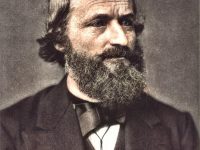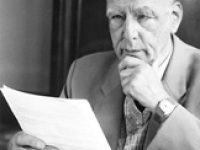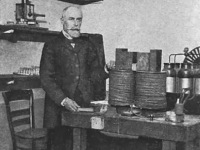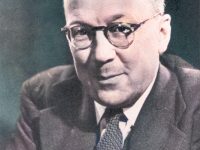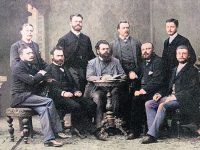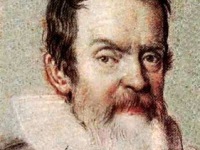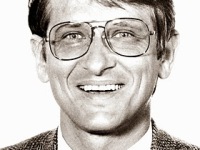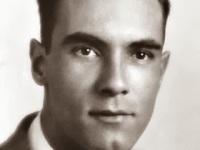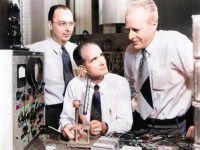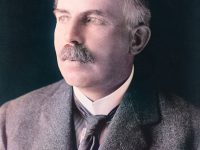Gustav Kirchhoff and the Fundamentals of Electrical Circuits
On March 12, 1824, German physicist Gustav Robert Kirchhoff was born. He is best known for his contribution to the fundamental understanding of electrical circuits, spectroscopy, and the emission of black-body radiation by heated objects. Education and Academic Career Gustav Robert Kirchhoff was born in Königsberg, East Prussia, to his father Friedrich Kirchhoff, a law councillor in Königsberg with a strong sense of duty to the Prussian state, and his mother Johanna…
Read more

